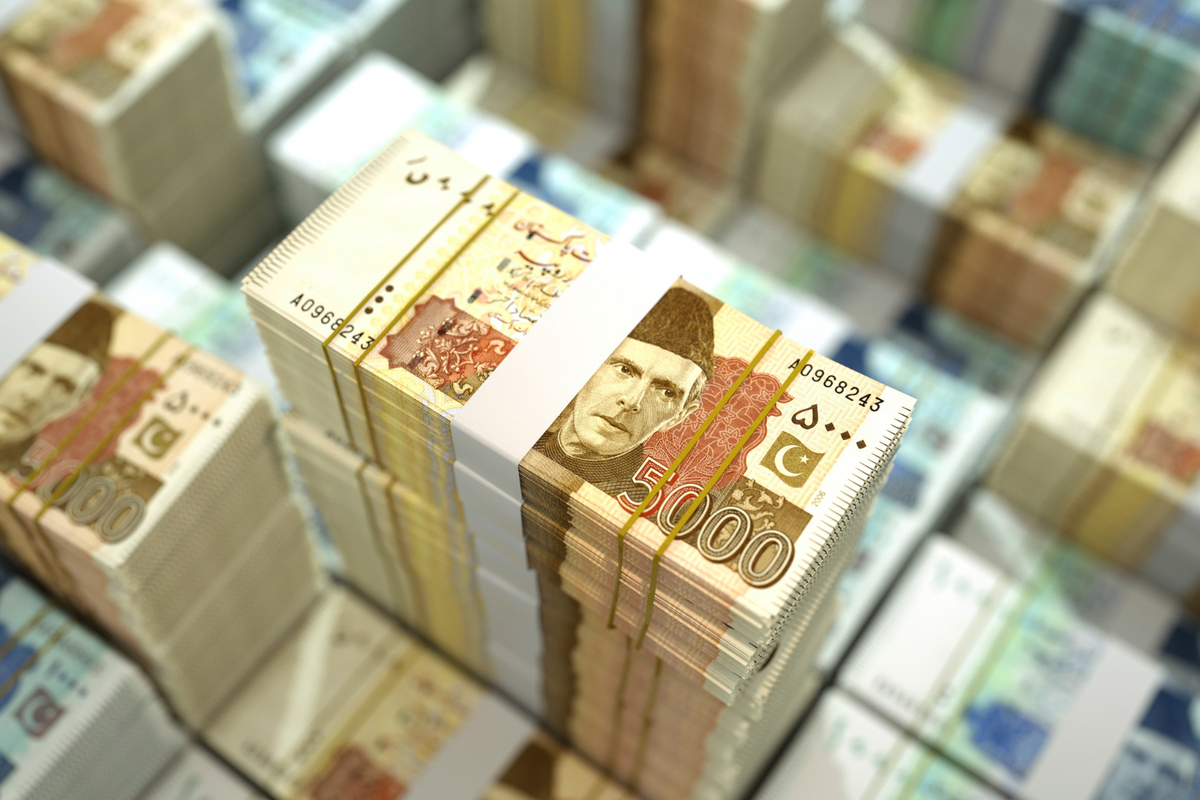Pakistan raises 1,194 billion through sale of T-bills, PIBs and Ijarah Sukuk
Yields on all tenure T-bills increase after a month

Javed Mirza
Correspondent
Javed Iqbal Mirza is an experienced journalist with over a decade of expertise in business reporting, news analysis, and investigative journalism. His work spans breaking news, editorial pieces, and in-depth interviews.

The yields on Pakistan's market treasury bills (T-Bills) rose by 10-24 basis points in the latest auction held on Tuesday.
The new yields stand at 11.79% for the 3-month T-Bill, 11.50% for the 6-month T-Bill, and 11.59% for the 12-month T-Bill.
The government raised PKR 452 billion ($1.6 billion) against a target of PKR 450 billion, with maturities amounting to PKR 426 billion. A total participation of PKR 918 billion was recorded.
Additionally, the government raised PKR 92 billion through the sale of Ijarah Sukuk on Pakistan Stock Exchange, falling short of the PKR 100 billion target. Participation in the Sukuk auction stood at PKR 257 billion.
The one-year yield decreased to 10.25% from 10.42% in the previous auction. Yields on three-year fixed-rate sukuk remained steady at 11.5%, while five-year fixed-rate sukuk yields held at 11.99%.
Further, SBP has raised PKR 650.8 billion ($2.3 billion) through the sale of floating rate Pakistan Investment Bonds (PIBs) on Tuesday.
SBP received bids totaling PKR 826 billion, indicating an extremely high participation.
The State Bank of Pakistan (SBP) has announced its auction calendar for Pakistan Investment Bonds (PIBs) and Market Treasury Bills (MTBs), targeting a total of Rs6.8 trillion in upcoming auctions.
The SBP aims to raise Rs2,900 billion through MTB auctions and Rs3,925 billion through PIBs, which includes PKR 1,050 billion from fixed-rate PIBs and PKR 2,875 billion from floating-rate PIBs. These auctions will span February to April 2025, covering various maturities. During this period, bond maturities will total PKR 3,092 billion.
Analysts suggest that the SBP's plan to raise PKR 6.8 trillion within three months signals a substantial fiscal deficit, reflecting the government's need to bridge the gap between revenue and expenditures.
Higher borrowing demand could increase interest rates, complicating the SBP's goal to reduce the policy rate, currently at 12%, one of the highest globally. Excessive borrowing by the government from commercial banks or the SBP could also increase the money supply, potentially fueling inflation.
The SBP has indicated that while inflation is decreasing, it may rebound from June 2024.







Comments
See what people are discussing